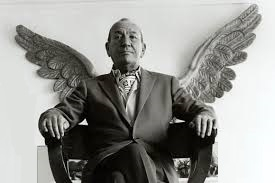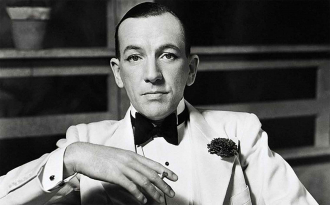Noel Peirce Coward
This is a photo of Noel Peirce Coward added by Amanda S. Stevenson on June 6, 2020.
Date & Place:
Not specified or unknown.


 Amanda S. Stevenson
Amanda S. Stevenson 

